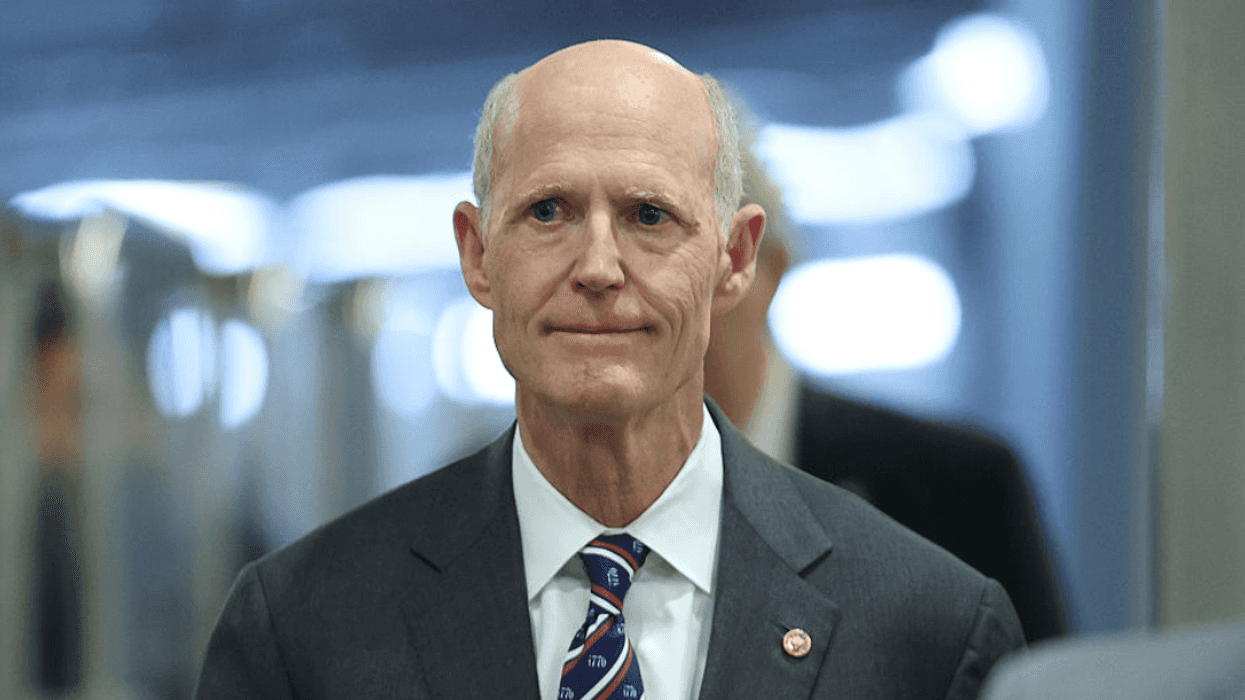Since Speaker of the House Nancy Pelosi (D-CA) announced a formal impeachment inquiry to be conducted by the House of Representatives, President Donald Trump, members of his administration and allies in Congress scrambled to subvert Article I, Section 2, Clause 5 of the United States Constitution.
To that end, Senate Judiciary Committee member and fervent Trump supporter Senator Lindsey Graham (R-SC) claimed Sunday on Face the Nation that the regulations for federal whistleblowers changed recently making the President's actions eligible for the whistleblower to file a complaint. President Trump and those who spread his message online repeated Graham's claim.
Three more Republican Senator's contacted Inspector General for the Intelligence Community (IGIC) Michael Atkinson for clarification. Graham and Trump focused on first-hand versus second-hand knowledge as a requirement for a valid whistleblower complaint.
Unlike Graham, the Senators made no claim of regulation changes. Instead, GOP Senators Chuck Grassley of Iowa, Mike Lee of Utah and Ron Johnson stated no laws had changed and they were unaware of any requirements for first-hand knowledge by a whistleblower.
But Graham stated on Face the Nation:
"This is a sham as far as I am concerned. I want to know who told the whistleblower about the phone call. I want to know why they changed the rules about whistleblowers not—the hearsay rule was changed just a short period of time before the complaint was filed."
Graham's Sunday TV appearance led the President to tweet:
In his response to committee chairs Grassley, Lee and Johnson, IGIC Atkinson said:
"Although the form requests information about whether the Complainant possesses first-hand knowledge about the matter about which he or she is lodging the complaint, there is no such requirement set forth in the statute."
The official ICIG statement added:
"In fact, by law the Complainant–or any individual in the Intelligence Community who wants to report information with respect to an urgent concern to the congressional intelligence committees–need not possess first-hand information in order to file a complaint or information with respect to an urgent concern."
Since Senator Graham's false claims on Face the Nation, President Trump and his most dedicated followers used the defense that the whistleblower complaint was "fake" because it was a "second-hand description."
However as ICIG Atkinson pointed out, the whistleblower has both first and second-hand knowledge of the urgent national security concern—negating Graham's entire point. Both Trump and Graham focused on whether the whistleblower had the legal ability to file the complaint, not whether the complaint was true and accurate.
Online, people attempted to put Graham's false claims to rest by breaking it all down into easily digestible bites.
Still some people insisted that Graham's claim that three other GOP Senators also disputed as inaccurate was true as well as ignoring, again, that the whistleblower did have first-hand knowledge of some aspects of the complaint.
But why would the ICIG accept second-hand knowledge?
According to federal employee training–unless their first line supervisor is involved in the actions they are reporting–employees follow a chain of command for reporting urgent security concerns. Reports are filed up the chain of command until successful resolution or until a level fails to take appropriate action on the report.
Therefore, those with first-hand knowledge may report a credible urgent concern to their supervisor, then anyone within that chain can file a whistleblower complaint if appropriate actions are not taken by the agency or administration. This process necessitates allowing those with second-hand knowledge to file whistleblower complaints.
Whether President Trump, Senator Graham and the other Trump fans acknowledge or continue to cling to Graham's false claim as a means to exonerate Trump from impeachment remains to be seen.
The book The U.S. Constitution and Other Writings, available here, includes the Constitution and related documents as well as The Federalist Papers, the Articles of Confederacy and texts of important presidential speeches.
*****
Listen to the first season of George Takei's podcast, 'Oh Myyy Pod!' where we explore the racially charged videos that have taken the internet by storm.
Be sure to subscribe here and never miss an episode.



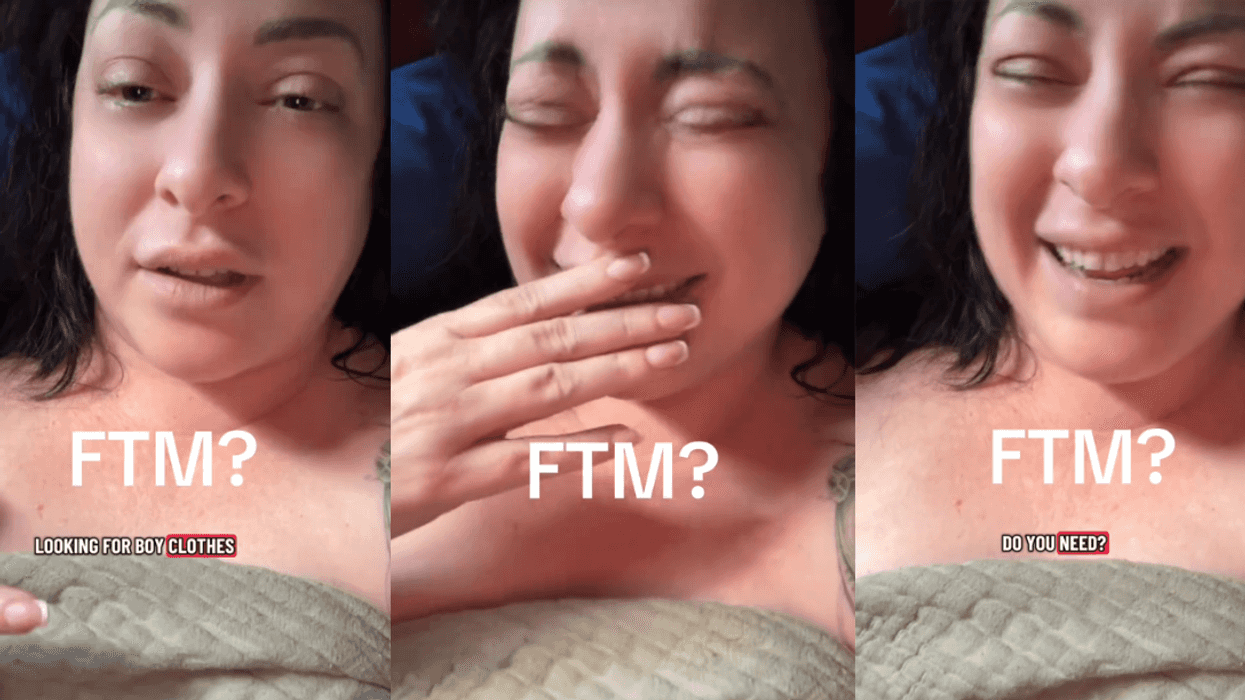



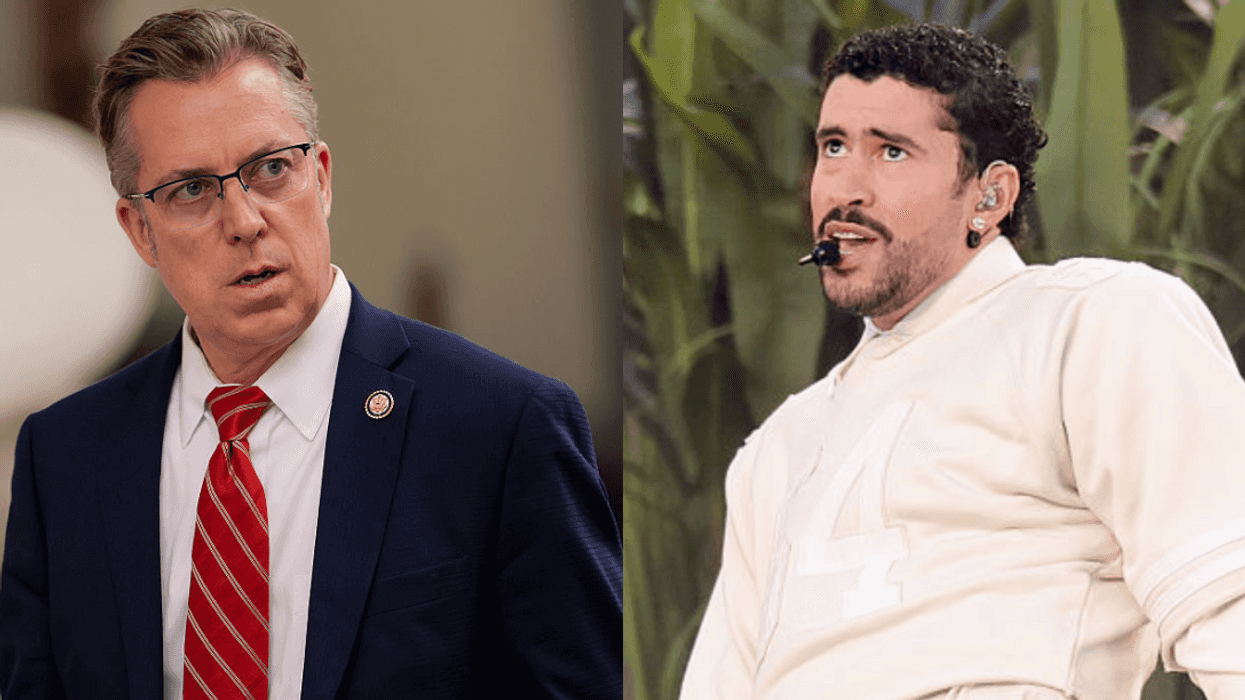
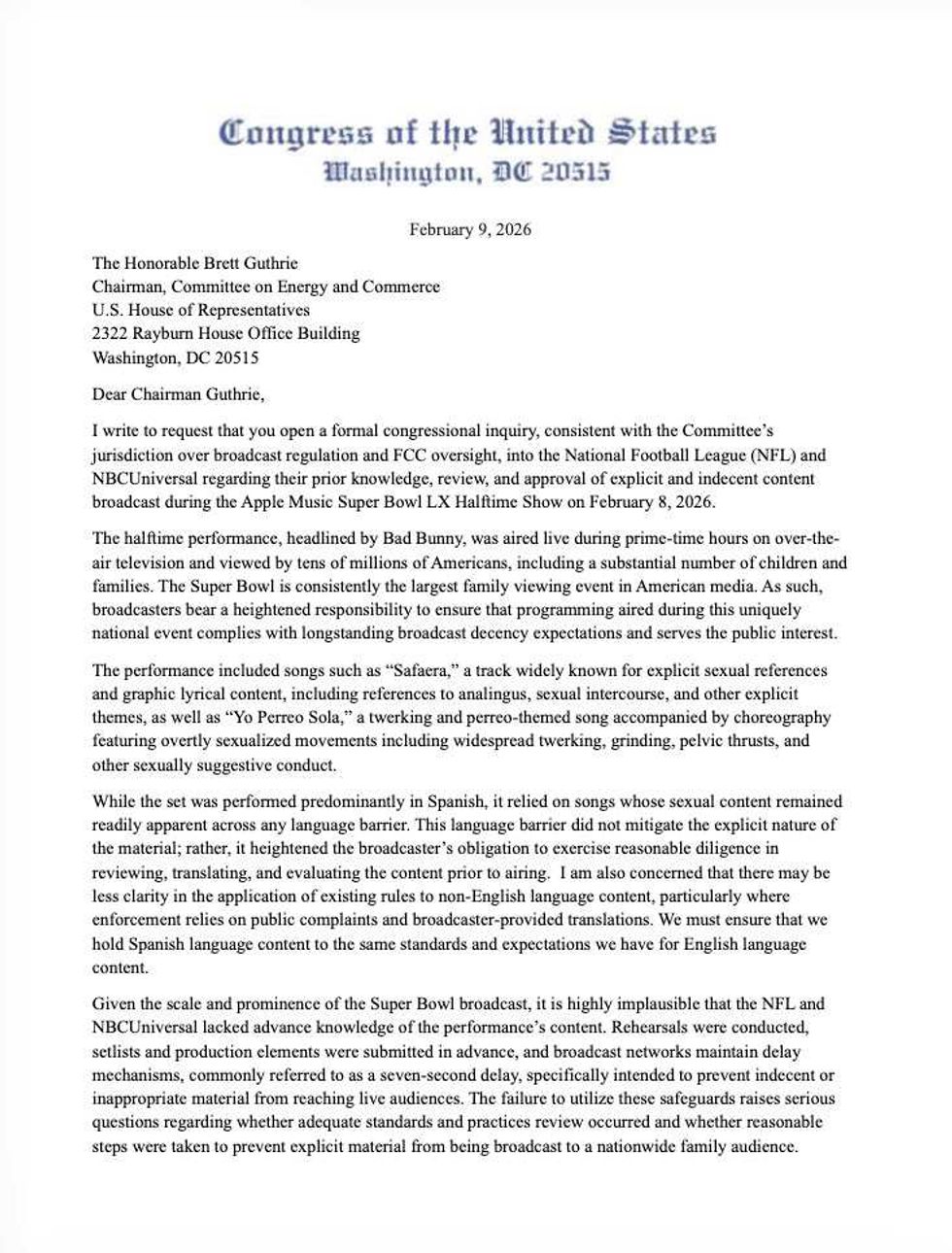 @RepOgles/X
@RepOgles/X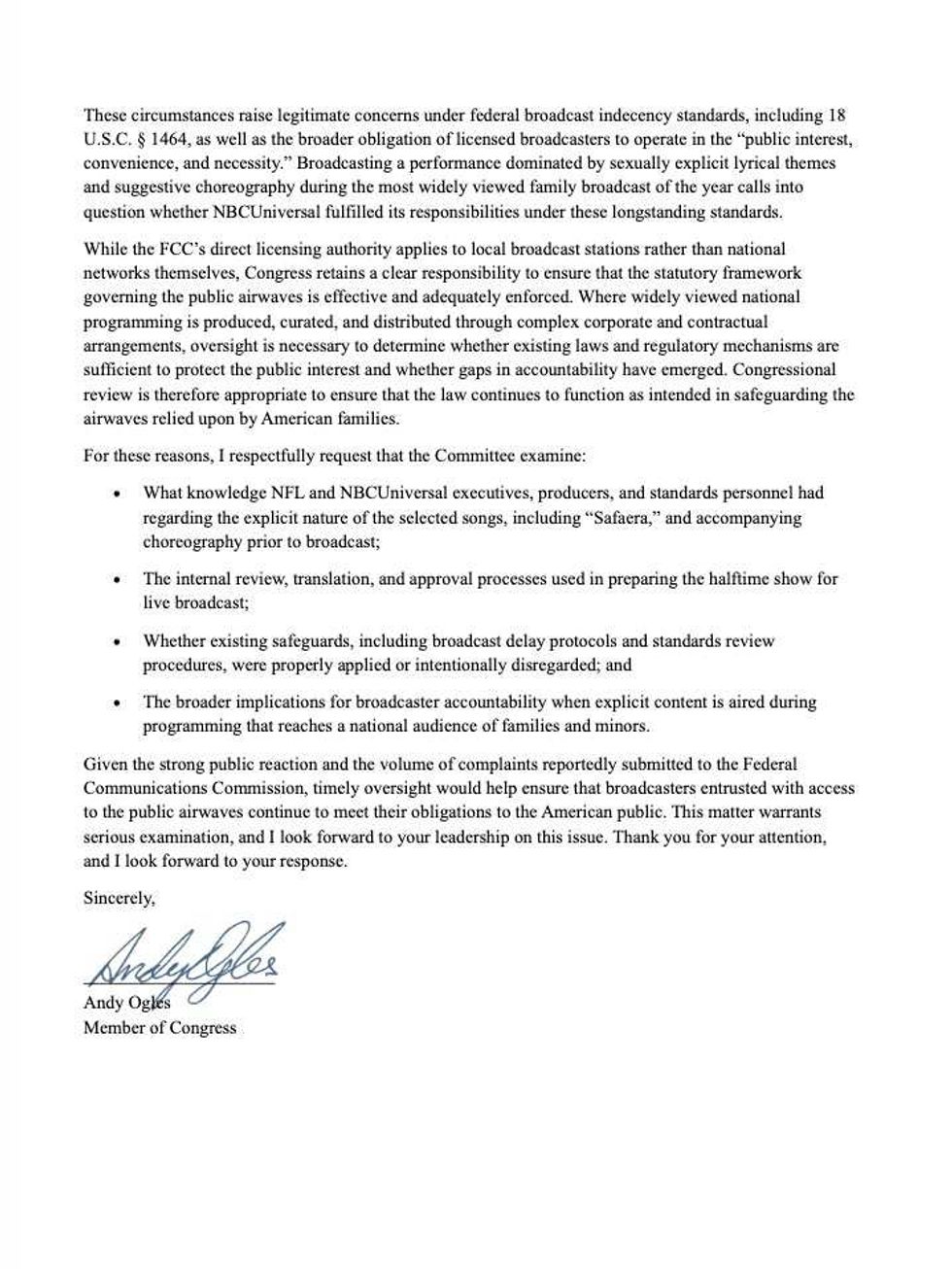 @RepOgles/X
@RepOgles/X




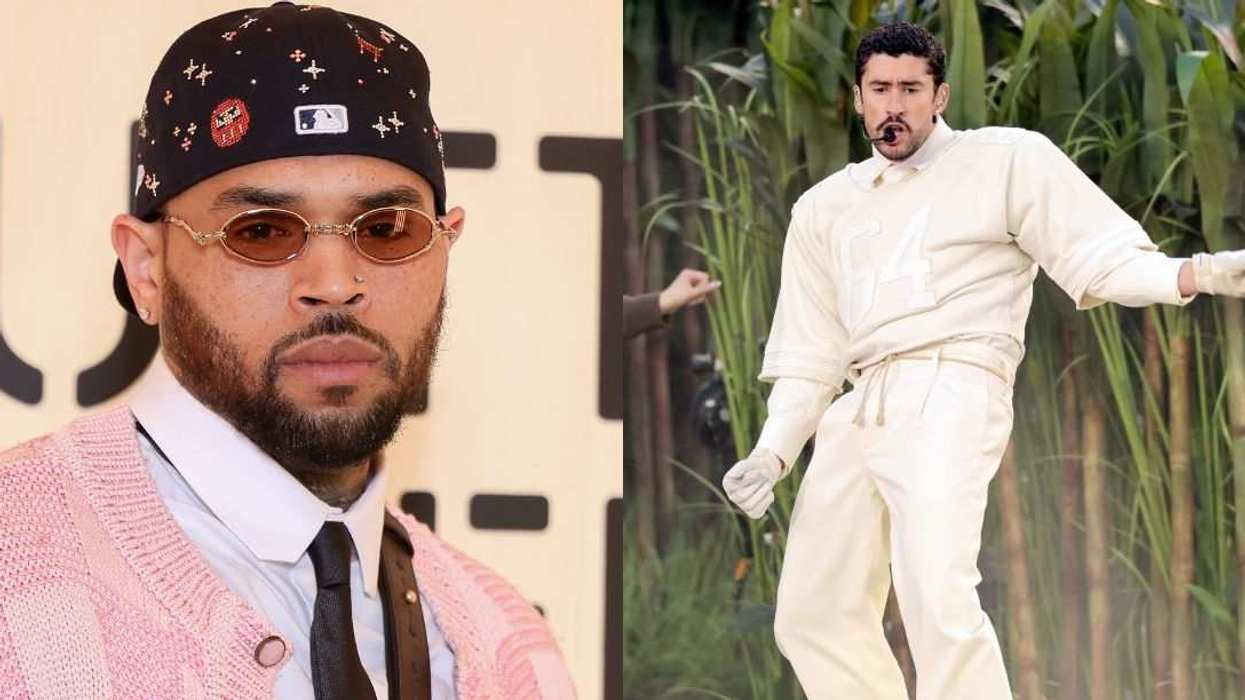
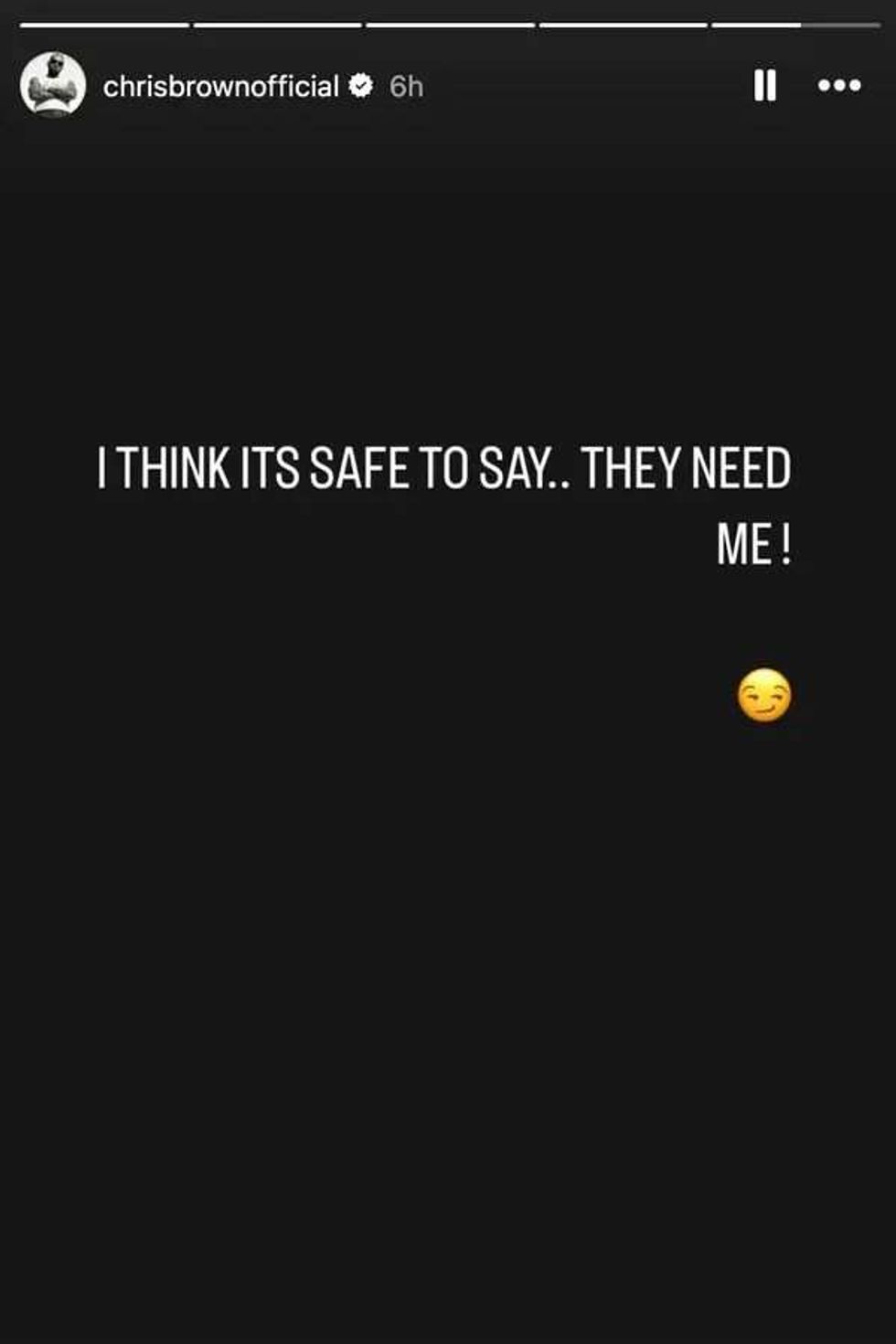 @chrisbrownofficial/Instagram
@chrisbrownofficial/Instagram u/oatlatt/Reddit
u/oatlatt/Reddit u/LoveTheAhole/Reddit
u/LoveTheAhole/Reddit u/SoFetch89/Reddit
u/SoFetch89/Reddit u/00trysomethingnu/Reddit
u/00trysomethingnu/Reddit u/kittybuscemi/Reddit
u/kittybuscemi/Reddit u/___nic/Reddit
u/___nic/Reddit u/WaterMagician/Reddit
u/WaterMagician/Reddit u/west-brompton/Reddit
u/west-brompton/Reddit u/GhostlySpinster/Reddit
u/GhostlySpinster/Reddit u/Asleep_Tap6199/Reddit
u/Asleep_Tap6199/Reddit u/afreudtolove/Reddit
u/afreudtolove/Reddit u/myfriendtoldmetojoin/Reddit
u/myfriendtoldmetojoin/Reddit
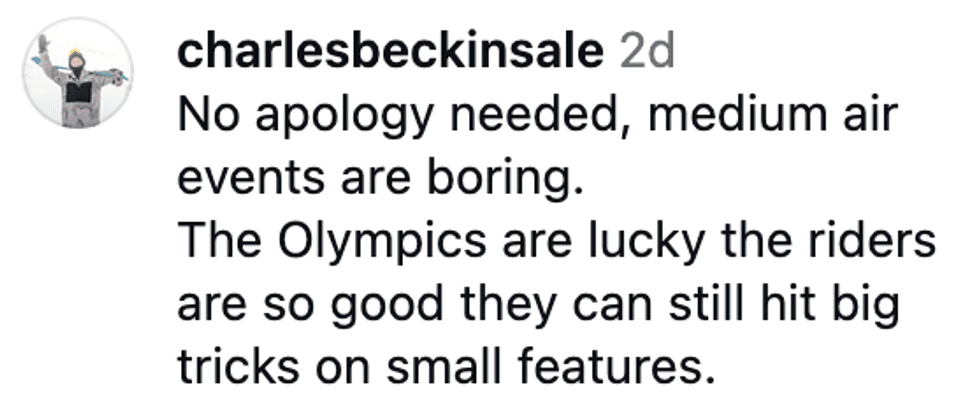 @charlesbeckinsale/Instagram
@charlesbeckinsale/Instagram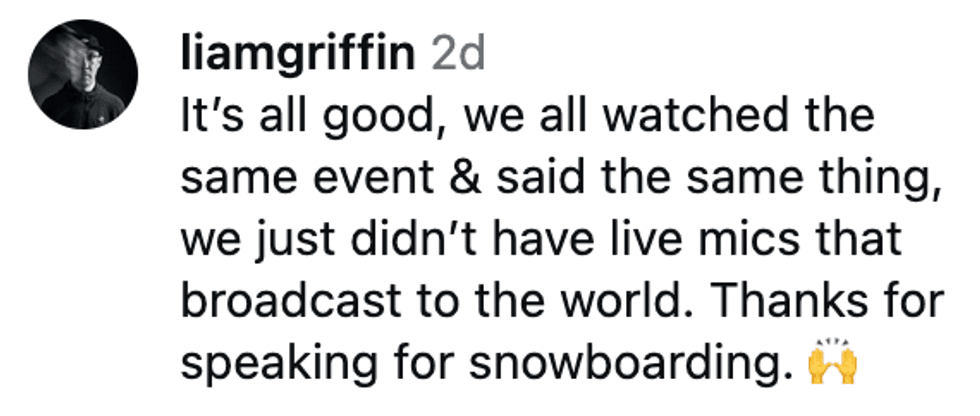 @liamgriffin/Instagram
@liamgriffin/Instagram @valentinoguseli/Instagram
@valentinoguseli/Instagram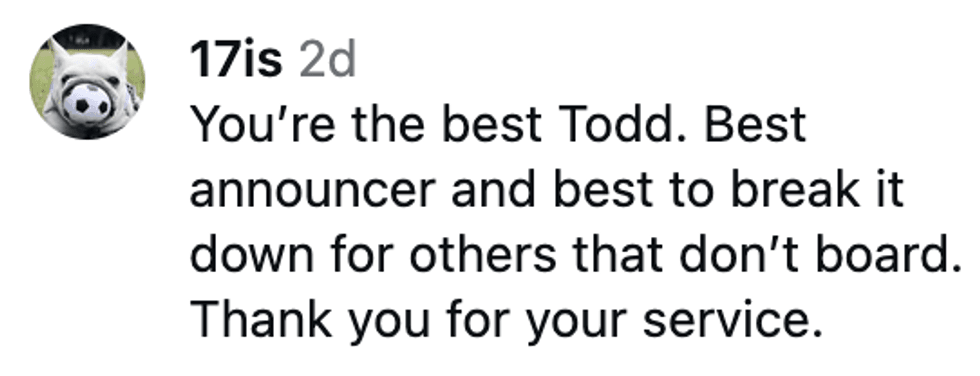 @17is/Instagram
@17is/Instagram @torahbright/Instagram
@torahbright/Instagram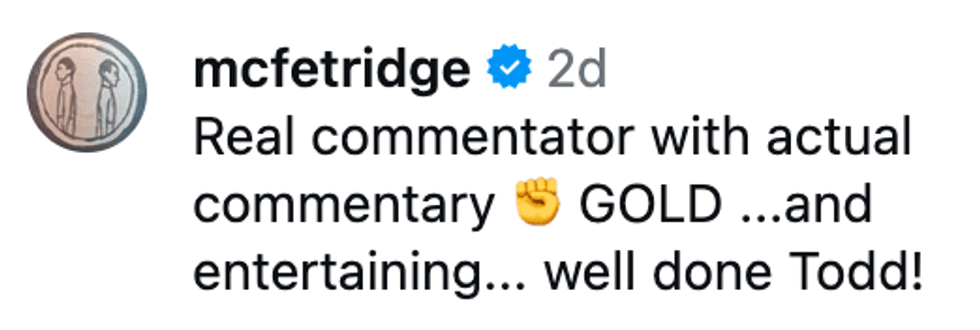 @mcfetridge/Instagram
@mcfetridge/Instagram @colleenquigley/Instagram
@colleenquigley/Instagram @jonathanwaynefreeman/Instagram
@jonathanwaynefreeman/Instagram
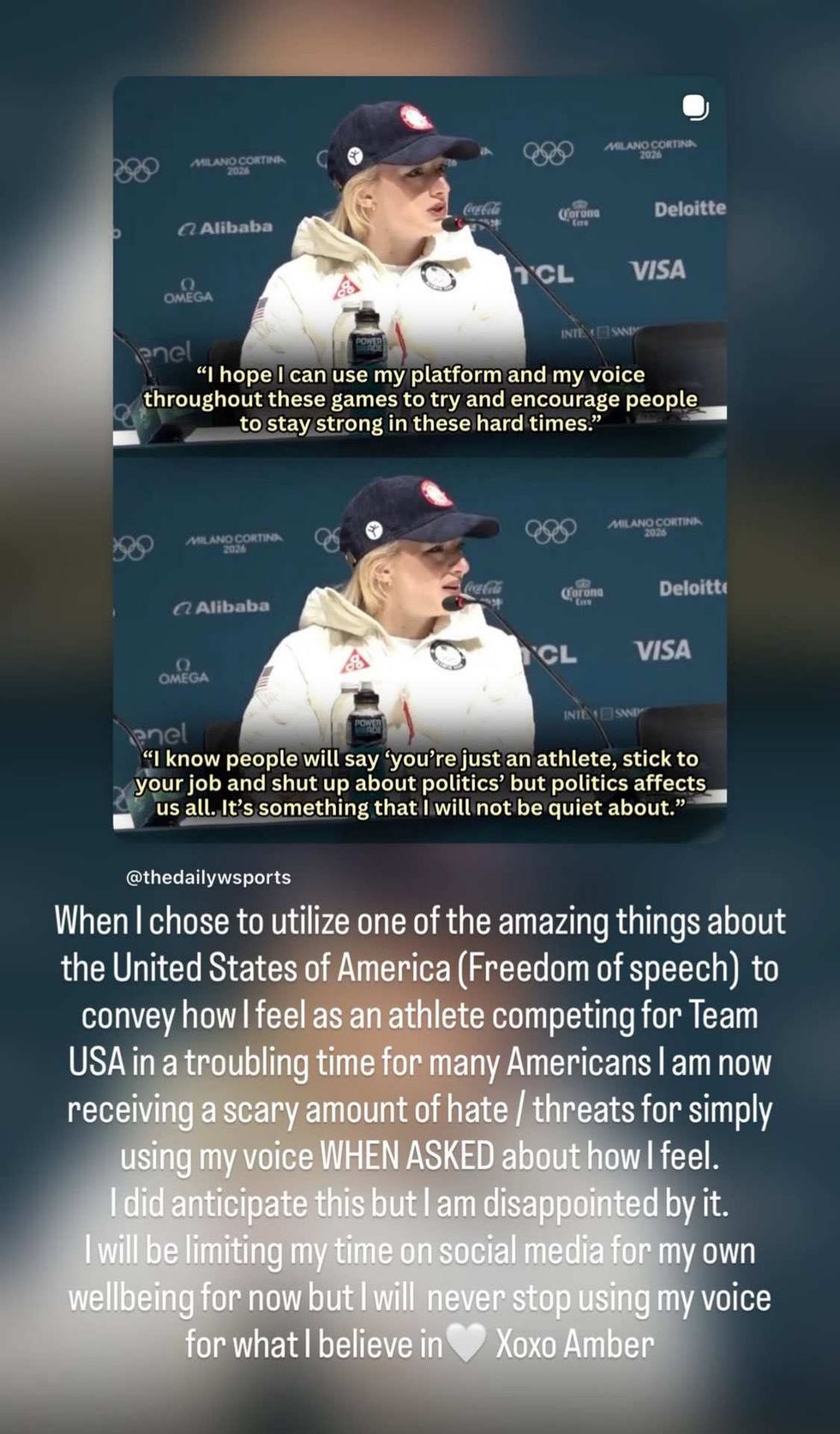 @amberglenniceskater/Instagram
@amberglenniceskater/Instagram